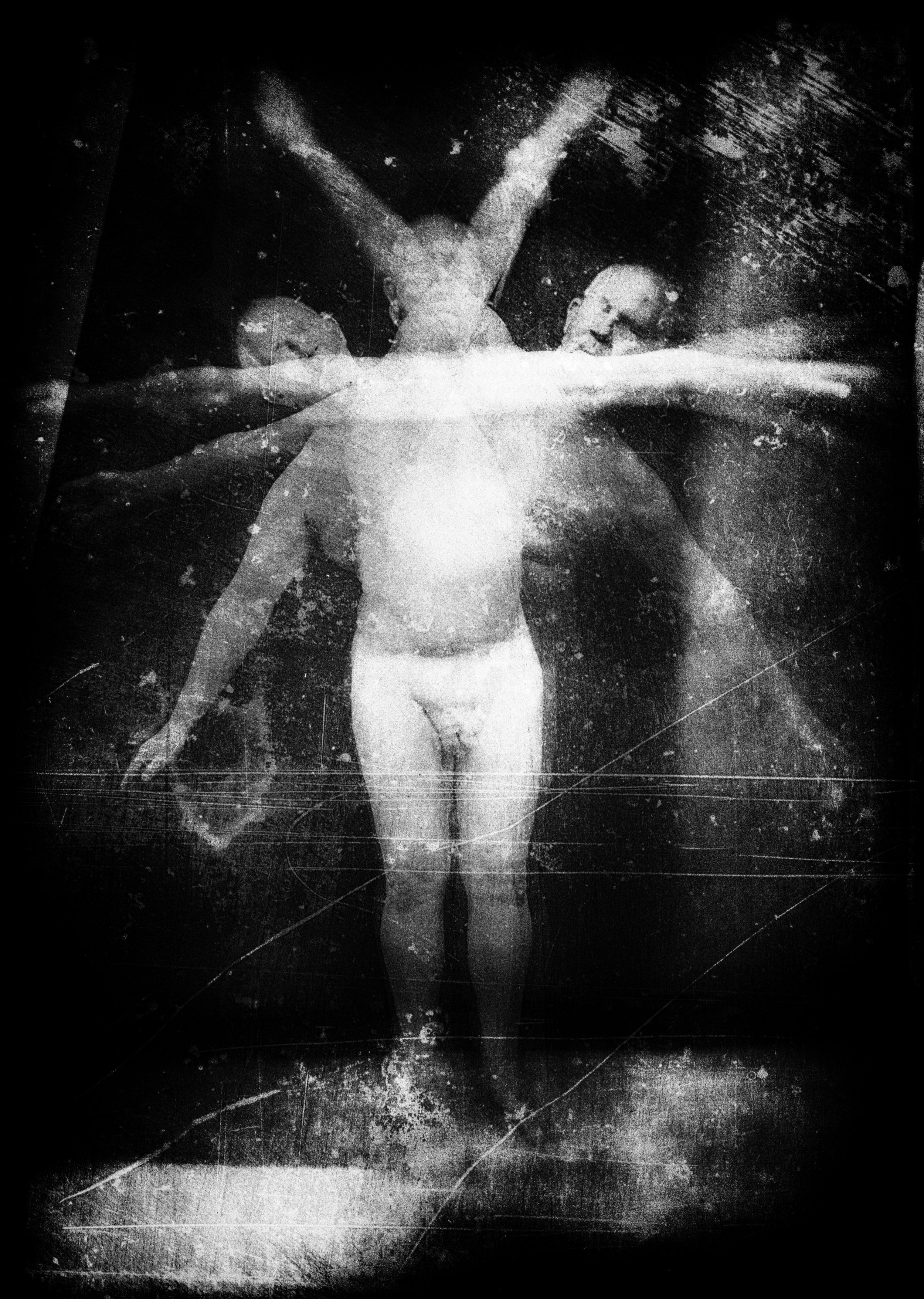Every day I look at hundreds of images sent to me for review by other photographers and one of the things that sticks out are the watermarks put on the images. I know, they most likely were told that this will "protect" their images from piracy but in reality...not really. If someone wants your image, they're going to take it and remove the watermark. Fact of life, nothing is safe on the internet. So should you watermark your images? Absolutely, but let's look at how to watermark your image and some of the new software available on-line that can assist you in tracking images and getting you paid for their use.
We've all seen images where the watermark is plastered across the image obscuring what could be a great photograph. This is usually the sign of a photographer just starting out. The watermark proudly proclaims "John/Jane Doe Photography" in bold lettering thinking that this will prevent villains from ripping their prized one of a kind image from the internet. As surprising as it may seem, the odds of anyone taking your image from the internet and using it for personal gain are low. Sure it happens and you have tools at your disposal to make life miserable for the the thief. I've have only two images taken from my website and in both cases was able to get the images taken down from their websites. Go ahead and watermark your images but keep the watermark small. The best is either lower right or left hand corner with your name and phone number. 10 pitch or lower in Sans Serif font. Fancy fonts and logos are a no-no as they tend to reveal that you are new to the game. Keep it simple. I do not watermark my images but rather protect and track them in a different manner. Here are some ways you can protect your images:
>> Copyright your images! This is your life line to recovering damages and revenue. Without a copyright, most times you won't have a leg to stand on. Two sources for information:
>> www.copyright.gov has a wealth of information and can get you started with protecting your images.
>>Professional Photographers of America (PPA) The PPA is the pro photographer's advocate in copyright protection providing the tools needed to cut through the jungle of legalese. They have lobbied vigorously in Washington for stricter photo copyright laws. The PPA is THE source for copyright information.
>> There are several online tools that can search the internet for possible unauthorized use of your images:
>>Picscout www.picsout.com is a fee based application that will find your image or like images.
>>Tineye (www.tineye.com) is free to use and is quite effective in finding images that match yours.
>>SRC-IMG is a script file that you load into your bookmarks. Go to your website and click on SRC-IMG bookmark and each one of your images will have a question mark overlay. Click on the question mark and you will be presented with all images that look like yours on the internet as well as where your specific images are at.
>> Google provides WebMaster tools that can actually do reverse tracks back to your website to show exactly who has been visiting. A useful tool for doing the detective work.
In summary, their are a lot of arguments to watermarking and I could go on for days but I think you should remember two things: A.) Keep your watermark small and professional and B.) protect your images with a copyright.
Cheers and Happy Thanksgiving to all my U.S. friends!
